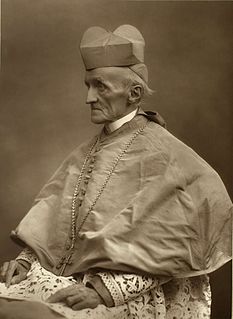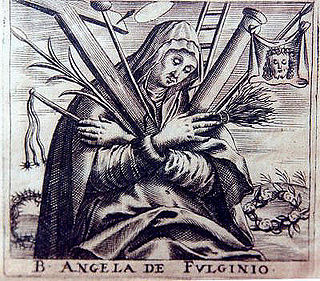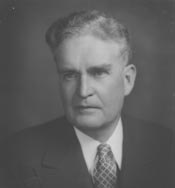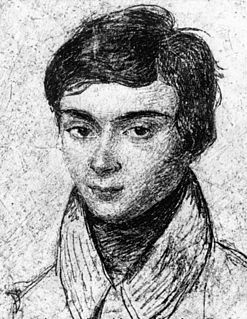A Quote by Isaac D'Israeli
The most noble criticism is that in which the critic is not the antagonist so much as the rival of the author.
Related Quotes
In particular, I argue that in both evolution and creation we have rival religious responses to a crisis of faith-rival stories of origins, rival judgments about he meaning of human life, rival sets of moral dictates, and above all what theologians call rival eschatologies-pictures of the future and of what lies ahead for humankind.
I was the first critic ever to win a Tony - for co-authoring 'Elaine Stritch at Liberty.' Criticism is a life without risk; the critic is risking his opinion, the maker is risking his life. It's a humbling thought but important for the critic to keep it in mind - a thought he can only know if he's made something himself.






































